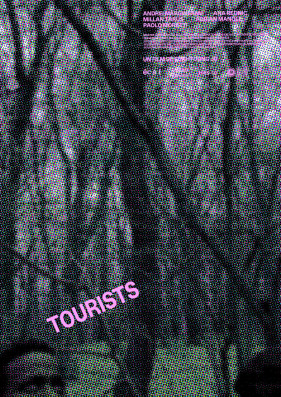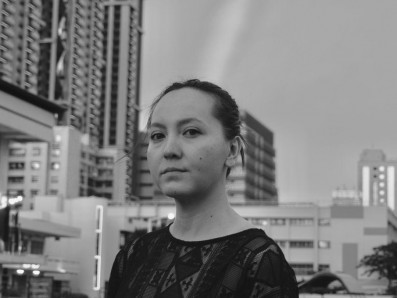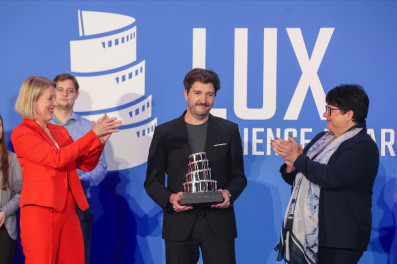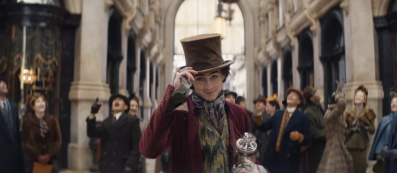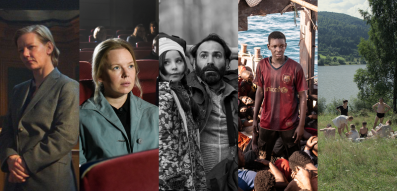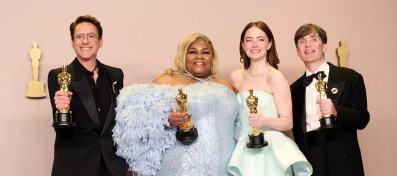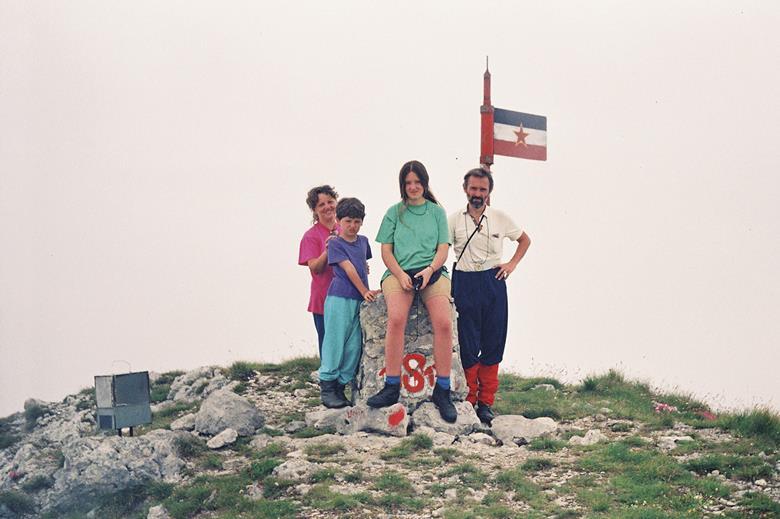
The Eclipse - review: Observational documentary about the culture of remembrance and evoking memories
This years CPH:DOX winner brings a history of a family, society and war between the two solar eclipses
The Eclipse, a documentary by Nataša Urban, which won the main prize of CPH: DOX, is an exploration of the collective memory of the family between two solar eclipses, the one in 1961 and the one that happened 38 years later, in 1999.
The film opens up with landscapes in the purple colour of the dawn of beautiful Vojvodina, followed by the research of painful memories very soon, based on the director's father's mountaineering diary, which he first recorded on November 24, 1990. Her father returns to mountaineering steps in that period, and while walking through forests and villages he reads sentences from diaries.
Recalling the first eclipse, the director's family members talk about how in an emancipatory project called Yugoslavia they received instructions and educated people and children on how to protect themselves during the eclipse and watch it safely, and how the chickens went to bed earlier. Although this detail sounds ridiculous and unnecessary today, because in the online world we can get all the information and interpret the eclipse as a natural phenomenon, it was not like that before, and the approach to this astronomical phenomenon speaks of how serious the system was.
This was followed by the eighties and nineties, which the director's mother does not want to remember, because due to restrictions and sanctions she had to bake bread at home. However, no one raises questions about the causes of this condition.
Originating from Vojvodina, a province in northern Serbia that lives a rural lifestyle, the animals in the film occupy an important place, with an emphasis on pig slaughter, as a symbol of the sadism of her ancestors and compatriots.
The first date in the diary coincides with the opening day of the Golubnik pit in Croatia, where the remains of 600 Serb victims who were killed by the Ustashas in World War II were discovered. Urban leads us through other events that modern Serbian history denies, or interprets revisionist, and has something to do with them: the siege of Sarajevo, the genocide in Srebrenica, the NATO bombing of Serbia - taking us through the family tree and father's diary.
At one point, the father recounts how during the siege of Vukovar, which, while they were shooting, they did not know what and for what they were shooting, they only shot, he noticed several wild animals in the forests of Fruška Gora who fled the war, but every time confronts him with a concrete event such as refrigerators transporting Kosovo victims to the vicinity of Belgrade, he seems to look down and answer nothing, which speaks of the selectivity of memory, but also the collective guilt that accumulates due to not facing the past.
In addition to traumatic memories, through interviews with family and friends, the director evokes some happy ghostly memories from earlier times. When she asks her grandmother if she remembers the war, she asks her a counter-question, which one. However, through the film, we also learn some bizarre details, such as the one regarding a church made out of stones from the concentration camp.
The Eclipse is an observational documentary about the culture of remembrance and evoking memories, but also clearing up with narratives in which someone harmed others on our behalf, and as such is an important testament to new generations growing up in a falsified culture of remembrance.
Combining 16mm and manipulated Super 8 footage with an excellent analogue soundtrack dominated by tape modulation, the director is bringing viewers into the past times, while sound designer Svenn Jakobsen follows this story and makes the journey even more exciting and credible.
Eclipse was produced by the Norwegian Medieoperatørene, and the British Taskovski Films have international distribution rights.



